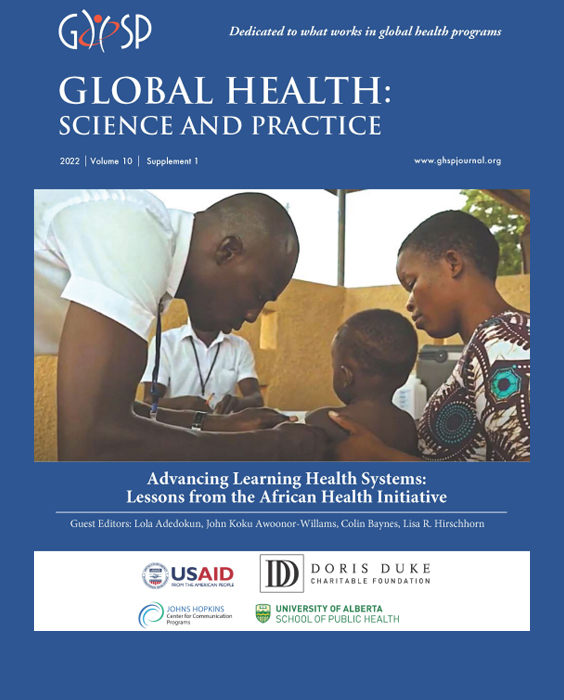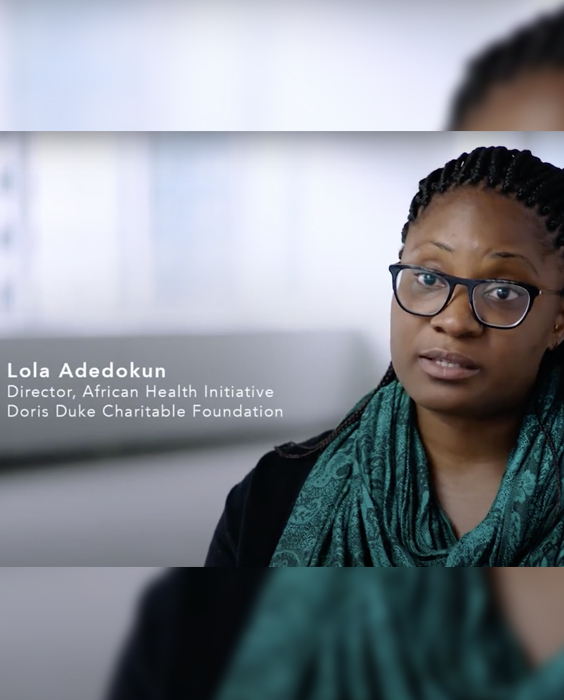The African Health Initiative (AHI) seeks to catalyze significant advances in strengthening health systems by supporting partnerships that will design, implement and evaluate large-scale models of care that link implementation research and workforce training directly to the delivery of integrated primary healthcare in sub-Saharan Africa. This page summarizes one of five Population Health Implementation and Training (PHIT) Partnership projects that were supported through the AHI.
The Ghana Essential Health Intervention Project (GEHIP)
Grantee Institution:
Columbia University, Mailman School of Public Health
Team Leaders:
- James F. Phillips, Ph.D.
Columbia University, Mailman School of Public Health
- Koku Awoonor-Williams, M.D., M.P.H.
Ghana Health Service
Project Summary:
The Ghana Essential Health Intervention Program (GEHIP) was a partnership with Columbia University, Mailman School of Public Health and the Ghana Ministry of Health, implemented by the Ghana Health Service. This six-year health systems strengthening and research program was conducted in three of Ghana's most impoverished rural districts in the Upper East Region—Bongo, Builsa and Garu-Tempane (population over 300,000)—which was developed as model health systems demonstration zones. A fourth GEHIP district is located in the Greater Accra region in an urban district where informal settlements are rapidly expanding and where health systems strategic planning is urgently needed.
GEHIP aimed to do the following:
- Scale up the Community-based Health Planning and Services (CHPS) health service delivery model in three intervention districts. CHPS is a highly successful health service delivery model developed in the 1990s and shown to reduce child mortality, maternal mortality and fertility by placing community health nurses in the community to improve health service delivery.
- Bolster district health leadership by using planning tools developed under the Tanzania Essential Health Intervention Project (TEHIP) in the 1990s adapted to the Ghana setting. These district planning tools, and resource allocation and mobilization strategies, enabled Tanzania to become one of the leading African countries in effecting measures to achieve Millennium Development Goal (MDG) 4, the reduction of child mortality. The Ghana Health Service has adapted the TEHIP system for use in in Ghana, creating a new set of tools known as the District Health Implementation and Reporting Toolkit (DiHPART).
The evaluation of the GEHIP project assessed the MDG 4 impact of assembling a comprehensive package of proven interventions for strengthening health systems.
To view publications and reports about this project, please visit the Phase 1: Ghana PHIT Partnership Publications and Reports page.
Read about the other four Phase 1 PHIT Partnership projects by visiting the links below:






